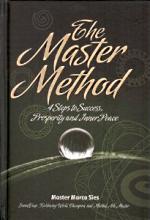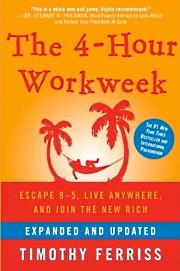
Excerpted from The Master Method: Four Steps to Success, Prosperity and Inner Peace by Master Marco Sies
Growing up, I experienced difficulties and personal conflict that I’ve worked very hard to overcome. Some of these struggles stemmed from negative influences and people who told me I wasn’t good enough…I was inferior…I wasn’t smart…I was too poor, too small, too unattractive to make anything of myself. I was told so many negative things so often, I actually spent many years believing these things were true.
Very small for my age, I was a dark-skinned boy living n a not-yet diversified [Chilean] population where light skin was admired and favored. At school, little girls told me I was ugly, and the boys bullied me relentlessly. I remember being thrown headfirst into a trashcan, and the humiliation of a group of boys whipping me with their neckties and making me run like a horse while they laughed.

